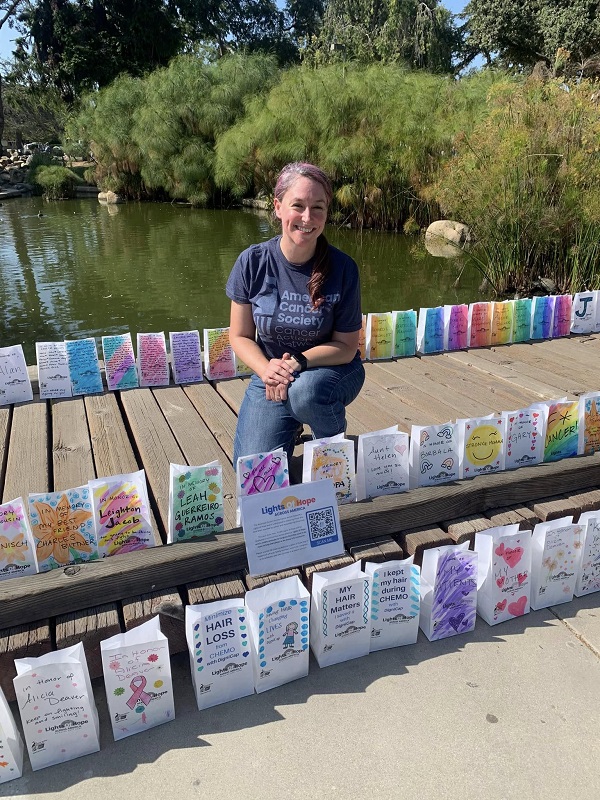By Barbara Bishop
Over the last few months, I have been having a hell-of-a time getting a sound sleep. And lately, it’s been affecting me when I’m awake.
The other day, I was driving back to my house from an appointment and I actually fell asleep in my car. I woke up seconds later to find my car in the oncoming lane of traffic. Holy crap! It scared the shit out of me.
This was not late at night. It was at about 11 a.m. on a Saturday. I immediately went home and fell asleep for three hours, waking up refreshed.
The first thing I did was head to the Internet, and found these tips:
- Turn all electronics sources off. Turn off TVs, computers, and other blue-light sources an hour before you go to bed. Cover any displays you can’t shut off. Done.
- Hide your alarm clocks. Do you glance at it several times a night? That can make your mind race with thoughts about the day to come, which can keep you awake. Put your alarm clock in a drawer, under your bed, or turn it away from view. I don’t own alarm clocks any longer, (I use my phone) so that’s not a problem for me.
- Save your bed for sleep and sex. Your bedroom should feel relaxing. Don’t sit in bed and work, surf the Internet, or watch TV. The best sleep temperature for most people is between 68 and 72 degrees. This may be my major issue; I do work from my bed, surf the internet and watch TV. Sex? No comment.
- Set your body clock – Go to sleep and wake up at roughly the same time every day, even on weekends. This routine will get your brain and body used to being on a healthy snooze-wake schedule. In time, you’ll be able to nod off quickly and rest soundly. Get out in bright light for 5 to 30 minutes as soon as you get out of bed. Light tells your body to get going! I’m pretty good at this one, thanks to my pup Zoey!
- Look for hidden caffeine. Coffee in the morning is fine for most people. But as soon as the clock strikes noon, avoid caffeine in foods and drinks. Even small amounts found in chocolate can affect your ZZZs later that night. Read labels. Some pain relievers and weight loss pills contain caffeine. This one I’m going to watch. I recently discovered the generous amounts of sugar free lemonade I was drinking loaded with caffeine.
- Eat right at night. Don’t eat heavy foods and big meals too late. They overload your digestive system, which affects how well you sleep. Have a light evening snack of cereal with milk or crackers and cheese instead. Finish eating at least an hour before bed. Sometimes, this one is a tough one for me. In my job as a PR Executive, my hours all different every day. At least twice a week I come home late, eat dinner late and immediately crawl into bed. No bueno.
- Rethink what you drink. Alcohol can make you sleepy at bedtime, but beware After its initial effects wear off, it will make you wake up more often overnight. I have experienced this, um, a few times. Again, no bueno.
- Watch what time you drink. Want to lower your odds of needing nighttime trips to the bathroom? Don’t drink anything in the last 2 hours before bed. If you have to get up at night, it can be hard to get back to sleep quickly. I was drinking the majority of my daily liquid intake requirement an hour or less before bedtime. Needless to say, I was up three times a night, heading towards the bathroom.
- Lower the lights. Dim them around your home 2 to 3 hours before bedtime. Lower light levels signal your brain to make melatonin, the hormone that brings on sleep. I do have this one down.
- Know when to see your doctor. Let him or her know if your sleeplessness lasts for a month or more. They can check to see if a health condition such as acid reflux, arthritis, asthma, or depression, or a medicine you take is part of the problem.
I have a doctor’s appointment next week, I’ll let you know if anything else is lurking.
Wish me luck!






















